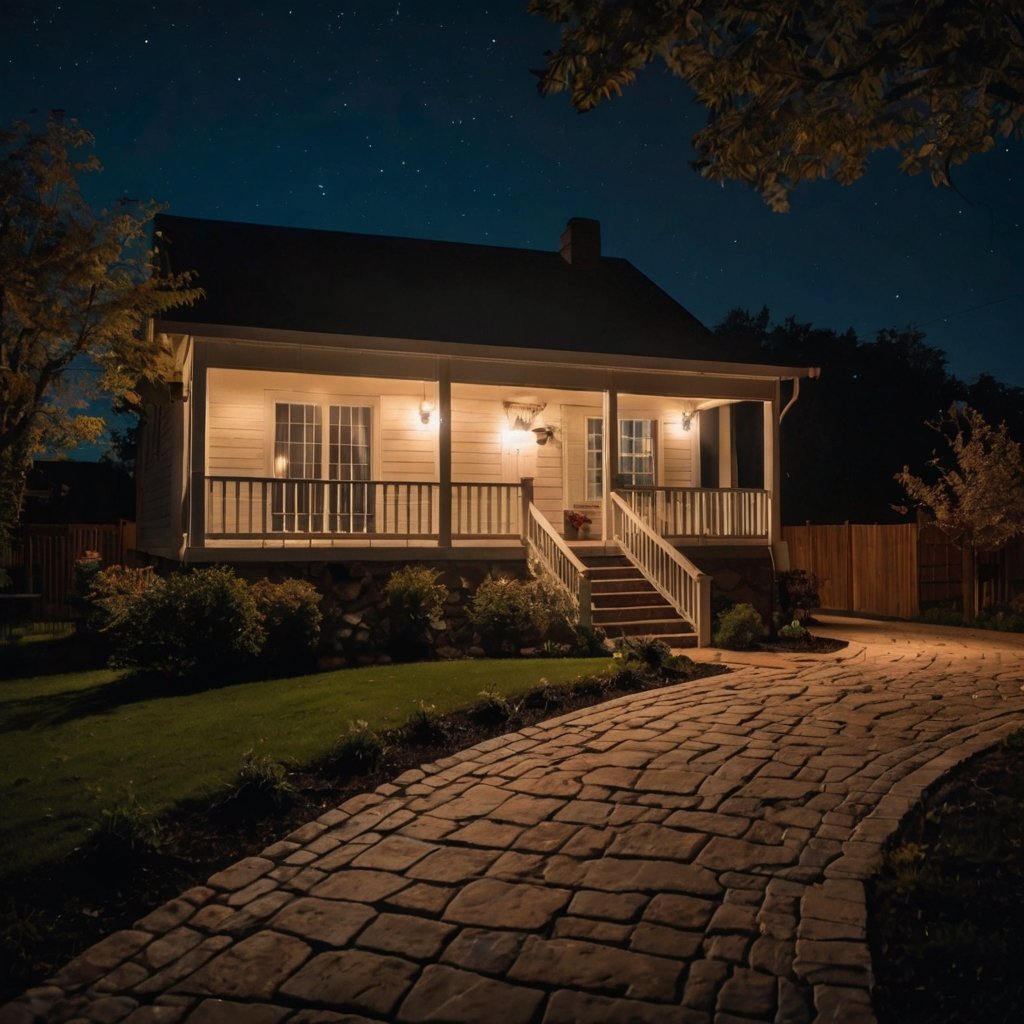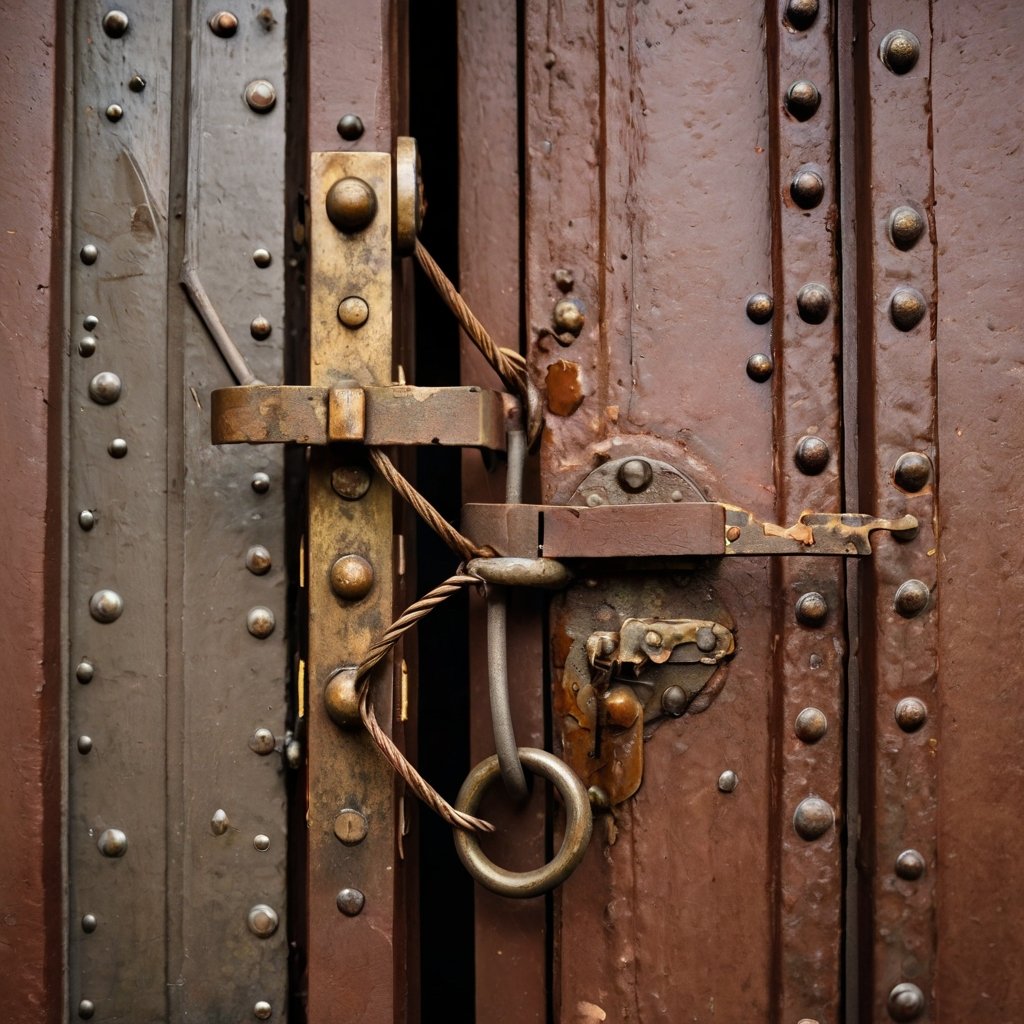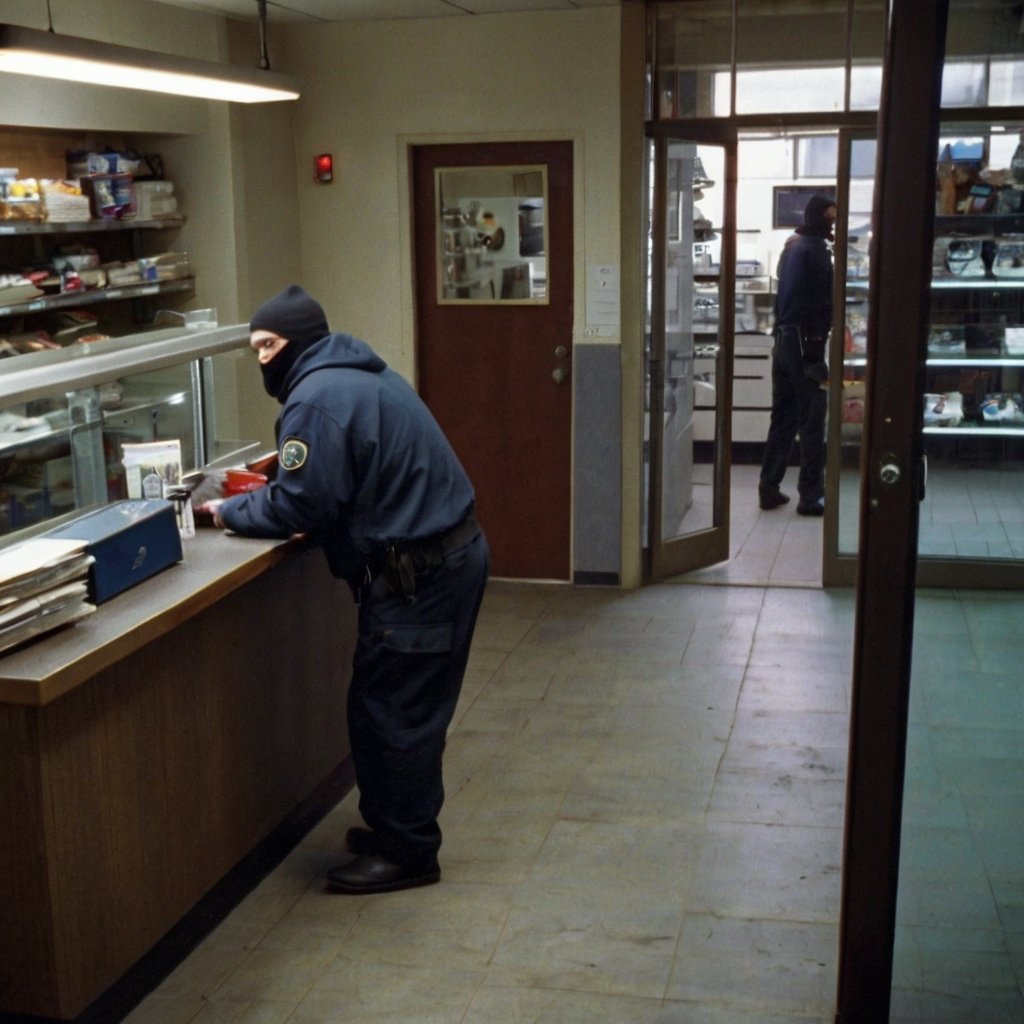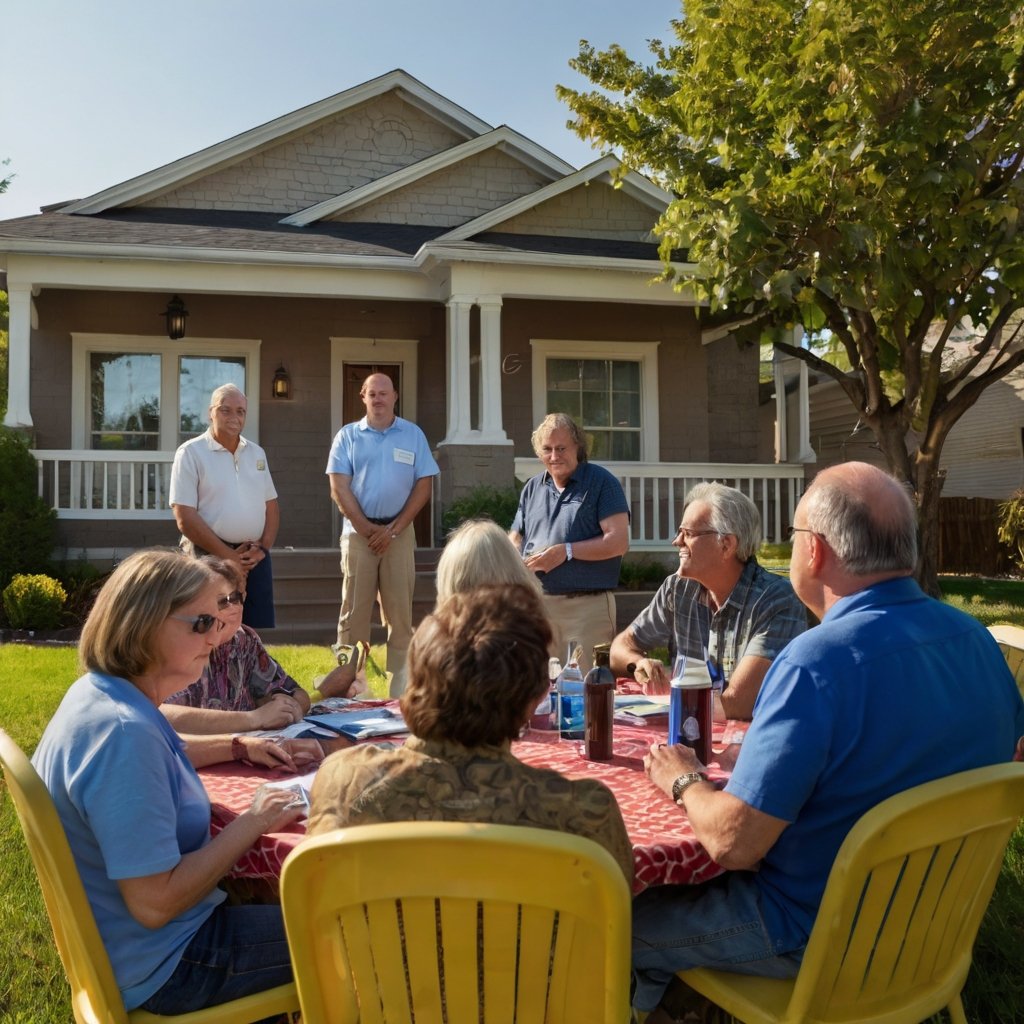I remember the night my neighbor’s house was broken into. It was a surprise to her and to all of us in the community. I remained awake, looking at my front door, and I felt vulnerable. It made me think about how easily one can be robbed—whether you’re a homeowner or a small business owner.
The truth is, no one wants to live in fear, constantly on guard about their property or personal safety. But theft does happen anywhere—even in very secure-looking establishments. So how do we make sure our homes or businesses don’t become sitting ducks? That’s what I’d like to share today, derived from expert advice, real-life anecdotes, and simple steps anyone can follow.
Understanding How a Thief Thinks
Before prevention can be discussed, it is essential to understand why burglars target some homes or businesses. According to criminologists, burglars tend to seek easy access, minimal risk of being caught, and goods of value. They prefer targets that appear vulnerable or neglected.
My friend Lisa, a small business owner, told me once, “Thieves are not looking for a battle—they need an easy win. If your property seems very secure, they will go away.” This idea is important since it tells us that preventing theft isn’t about perfection; it’s about being less appealing than next door or the other business.

Easy Tips to Make Your Home or Business Secure from Theft
1. Make Your Property Appear Occupied
One of the simplest and most effective deterrents is to make it appear occupied. Burglars often target vacant homes or businesses. Use light timers, or leave a radio on when you’re away. Even having a pair of shoes by the door or a garden hose can suggest that someone is home.
Expert Tip: “A lit property shows occupancy and discourages burglars,” notes security consultant Mark Johnson.
2. Reinforce Physical Barriers
Secure doors and windows with solid locks, deadbolts, and security bars. Strengthen vulnerable areas like garage doors or sliding doors with additional locks or bars.
My cousin recently moved into a new house. She reported having strong locks and metal grilles on her windows since her neighbor’s house was burgled. Now she sleeps soundly, knowing that her house is more secure.

3. Install a Security System
Modern security systems are more than just cameras—they feature alarms, motion detectors, and smart home technology. Cameras and alarm signs can effectively deter crime.
Expert Tips: “A properly planned security system can cut break-in attempts as much as 60%, says the FBI’s Crime Prevention Division.”.

4. Utilize Adequate Light
Darkness helps burglars conceal themselves. Install motion lights at entrances, side streets, and dark areas. Solar lights are cheap and eco-friendly.
Emotional Reflection: As I walked into my friend’s well-lit house, I realized how safe I felt in approaching her door at night—something that most burglars shun.
5. Conceal Your Valuables or Keep Them Out of Sight
Don’t leave valuables such as costly electronics, jewelry, and money exposed for onlookers from windows or the outside. Utilize curtains and blinds, and store valuable property in secure safes.
Business Owner Tip: My friend Sarah keeps her cash register hidden and utilizes a safe for large sums of money. This makes her less attractive to robbers.
6. Make the Community Aware
Good neighbors who care are a great way of staying safe. Get involved in or start a neighborhood watch. Inform someone right away if you see something unusual.
Personal Experience: I have seen strangers hanging around a neighbor’s property before. I reported it without delay, and the police acted swiftly. Vigilance by citizens works.

7. Retain Your Property
Overgrown gardens, broken fences, or yards that are neglected can signal neglect, and the burglars will view the business or home as a soft target. Being well-maintained shows that you care and are attentive.
Expert Opinion: “A properly maintained home provides the perception that someone is monitoring,” states neighborhood security officer David Lee.
Emotions and Personal Opinions: The Human Factor in Safety
I talked to Maria, a business owner who was victimized last year. She said, “It was devastating. I felt invaded, vulnerable, and helpless. I’ve since invested in improved locks, cameras, and lighting. I sleep better at night knowing I’ve done everything I can.” Her story is a reminder that it isn’t just about safeguarding property but about the need to feel safe.
John, a homeowner, said, “After someone actually broke into my house, I knew how much I needed to do something. It’s not fear; it’s protecting what’s most important.”
The Role of Insurance and Extra Safety Steps
Prevention is best, but no system is foolproof. Insurance helps to put financial protections in place in the event of theft. Most homeowners and business owners do not realize how beneficial this safety net is until they require it.
Expert Tip: “Combine physical security with thorough insurance policies for the ultimate in protection,” recommends insurance specialist Lisa Carter.
Last Words: Prevention Is Better Than Regret
Preventing theft is not a matter of fear, but of making the intelligent choice and taking action. Keep in mind that most thieves want an easy target. If your home or business looks secure and watched, they will move on to find easier prey.
I challenge you to go outside and check your property today. Walk around, spot weaknesses, and implement some of the tips listed here. Small things count.
Let’s turn our homes and businesses into secure refuges, not targets.
Stay Connected
For more security, safety, and how to protect what’s important, go to HavenPosts.com. Subscribe to our newsletter for tips from the expert, stories, and practical solutions on how to secure your home.
Further Information and Suggested Reading:
- FBI Crime Prevention Division. (2020). Home Security Tips.
- Johnson, Mark. (2019). The Psychology of Burglars. Security Today.
- National Crime Prevention Council. (2021). Preventing Residential Break-Ins..



